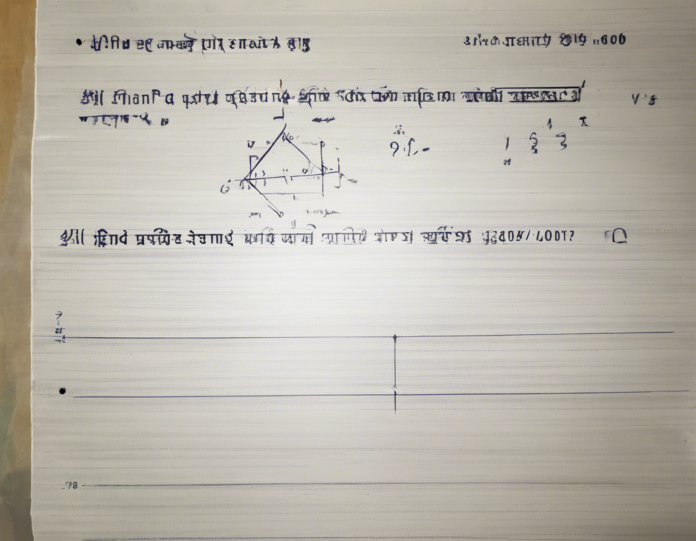Welcome to the Physics Question Paper 2024: Prepare for the Future! As we delve into the world of physics, we explore the intricacies and wonders of the universe. This comprehensive guide is designed to help you not only understand the fundamental concepts of physics but also to excel in your examinations. Let’s get started by breaking down the key aspects of physics that you need to focus on to ace your physics exam in 2024.
The Fundamentals of Physics:
Understanding Newton’s Laws of Motion:
One of the fundamental principles of physics is Newton’s Laws of Motion. These laws govern the motion of objects and are crucial to understanding the behavior of physical systems. Here’s a brief overview of each law:
- Newton’s First Law: Also known as the Law of Inertia, this law states that an object at rest will remain at rest, and an object in motion will remain in motion unless acted upon by an external force.
- Newton’s Second Law: This law defines the relationship between an object’s mass, acceleration, and the applied force. The formula F = ma represents this law.
- Newton’s Third Law: According to this law, for every action, there is an equal and opposite reaction. This law explains the interaction between two objects.
Mastering Electromagnetism:
Electromagnetism is another crucial topic in physics that covers the relationship between electricity and magnetism. Key concepts to understand include:
- Electric Charge: The fundamental property of matter that can be positive or negative.
- Electric Field: A region around a charged object where other charged objects experience a force.
- Magnetic Field: The area around a magnet where magnetic forces are exerted on other magnets or moving charges.
Delving into Thermodynamics:
Thermodynamics is the branch of physics that deals with heat, energy, and work. Key concepts in thermodynamics include:
- Laws of Thermodynamics: The four laws that govern the behavior of thermodynamic systems.
- Heat Transfer: The mechanisms through which heat is transferred, including conduction, convection, and radiation.
- Thermal Equilibrium: The state at which two objects in thermal contact reach the same temperature.
Common Mistakes to Avoid:
When studying physics, there are common mistakes that students often make. Here are some pitfalls to avoid:
- Memorizing Formulas: Instead of memorizing formulas, focus on understanding the concepts behind them.
- Ignoring Units: Always pay attention to the units of measurement in physics equations to ensure accuracy.
- Lack of Practice: Physics is a subject that requires practice, so make sure to solve plenty of problems to reinforce your understanding.
Strategies for Exam Success:
To excel in your physics exam, consider implementing the following strategies:
- Practice Regularly: Consistent practice is key to mastering physics concepts.
- Seek Help: Don’t hesitate to ask your teachers or peers for clarification on any confusing topics.
- Create Study Guides: Summarize key concepts in your own words to reinforce your understanding.
Frequently Asked Questions (FAQs):
- What are some practical applications of physics in everyday life?
-
Physics has numerous applications in everyday life, such as electricity generation, transportation systems, and medical imaging technologies.
-
How can I improve my problem-solving skills in physics?
-
To improve problem-solving skills in physics, practice solving a variety of problems regularly and seek guidance from textbooks or online resources.
-
Is it essential to understand calculus to excel in physics?
-
While a basic understanding of calculus is beneficial for advanced physics topics, many fundamental physics concepts can be grasped without a deep knowledge of calculus.
-
What is the significance of units in physics equations?
-
Units in physics equations provide crucial information about the quantities being measured and ensure that calculations are accurate and consistent.
-
How can I stay motivated while studying physics?
- To stay motivated while studying physics, set achievable goals, break down complex topics into smaller chunks, and celebrate your progress along the way.
In conclusion, the world of physics is vast and fascinating, with endless opportunities for exploration and discovery. By understanding the fundamental principles of physics, avoiding common pitfalls, and implementing effective study strategies, you can prepare yourself for success in your physics exam in 2024. Stay curious, stay determined, and embrace the beauty of physics in all its forms!

